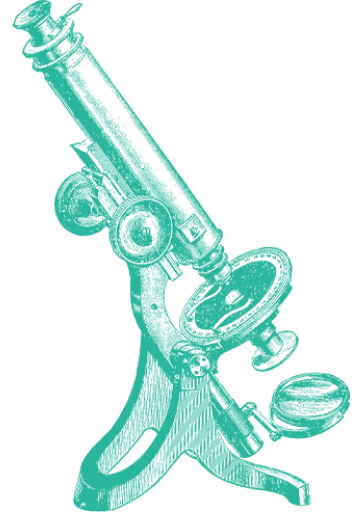
Part Two of my interview with Damian Adams. See Part One here.
Have you been involved with any campaigns to fight for the rights of DC people?
DA: I have been constantly writing to state and federal politicians. I have been in contact with the state regulatory authority. I have met with the federal attorney general. I have had articles published in the media highlighting the cause and also appeared on a few television shows. I have presented a talk at the national DCSG conference and talked at a seminar attended by clinicians and persons involved in the fertility industry in South Australia.
What do you hope for from a meeting with your donor? What would be your best-case scenario? The worst?
DA: Anything, everything, and nothing. That probably doesn’t make much sense, but I would be willing to accept anything, just so long as I know the truth about who I am and my heritage.
Best-case scenario would be a relationship of sorts—not necessarily a father-type relationship. (I am a realist.) A medical history should be mandatory.
Worst-case: What I am currently in. I am in limbo with no way forward.
What do you think of open-donor programs (i.e., where the donor is identified to the offspring when they come of age)? Do you think they are a workable compromise? Is it simply enough for a person to have the chance to meet and know their biological parent?
DA: This is where a lot of people have trouble understanding my argument. I am not saying that non-biological parents can’t make good parents. There are good and bad biologicals and non-biologicals. The thing is people need to take off their “glasses” and look through a child’s eyes and not through those of an adult.
Being raised by both biologicals is preferable, because it is who we are, our flesh and blood. We see ourselves in our parents and them in us. It is the continuance of kinship and heritage. This is the best-case scenario and to deliberately do otherwise is to deprive the child.
There is no way to ensure that those conceived in DC families will ever know of their origins. (A recent study in Australia showed only 33 percent intended to tell—even less do.) So immediately there is a problem with the majority of families deceiving their child. Deception is not a foundation to build a family on—truth is.
Then there is the issue of kinship separation, loss of identity, heritage—these cannot necessarily be fully retrieved in an open-donor situation as the constant contact and interaction is not there. It is well known in adoption circles that these things are harmful to a child yet we are unable to acknowledge them in the DC community. It is a double standard.
What misconceptions do people have about donor-conceived people?
DA: Some people have argued against views such as mine saying that [such views] are from children raised in a dysfunctional family. However, I was raised in a very loving home, and I love my social father and respect him very much.
They then also try and dismiss my views as being from a disgruntled and ungrateful minority, yet they fail to understand that at one point in my life, I was very grateful and even proud of being DC. But after the epiphany I experienced [when] my daughter was born and realizing that we cannot arbitrarily choose which genetic connection is to be important to children, I had to completely reverse my stance.
